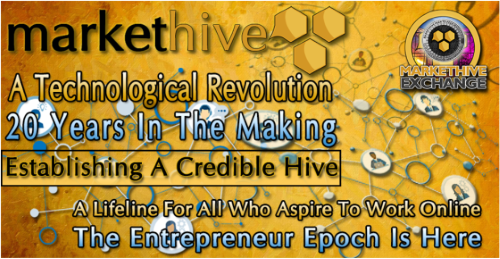

In the dynamic landscape of blockchain technology, one of the most groundbreaking innovations that has garnered significant attention is the advent of smart contracts. These digital agreements have revolutionized the way transactions are conducted and upheld within blockchain networks. Understanding their intricacies unveils a world of possibilities, redefining trust, security, and efficiency in various industries.
What are Smart Contracts?
Smart contracts are self-executing contracts with the terms of the agreement directly written into code. They are deployed and run on a blockchain, ensuring immutable, transparent, and tamper-proof execution of contractual obligations. Unlike traditional contracts, which rely on intermediaries such as lawyers or notaries to enforce terms, smart contracts eliminate the need for intermediaries by automating the execution process.
How Do Smart Contracts Work?
Code-Based Logic: Smart contracts are composed of code containing predefined rules and conditions agreed upon by involved parties. These rules outline the terms and actions to be performed when certain conditions are met.
Blockchain Execution: Once created, smart contracts are deployed onto a blockchain network, such as Ethereum or Binance Smart Chain. They reside at a specific address and are accessible to all network participants.
Decentralized Verification: Transactions involving smart contracts are validated by network nodes through consensus mechanisms, ensuring their accuracy and authenticity. Once validated, the contract's code autonomously executes the predefined actions.
Immutable and Transparent: Smart contracts operate on the principle of immutability, meaning once deployed, their code cannot be altered. Additionally, all transactional activities are recorded on the blockchain, ensuring transparency and traceability.
Triggering Events: Smart contracts are triggered by specific events or conditions predefined in their code. For instance, in a supply chain scenario, a payment might be automatically released when a shipment reaches its destination and is confirmed by IoT sensors.
Cost and Time Efficiency: By eliminating intermediaries and automating processes, smart contracts significantly reduce the time and costs associated with traditional contract execution.

Use Cases and Implications
Financial Services: Smart contracts facilitate automated lending, insurance payouts, and decentralized finance (DeFi) protocols, enabling faster, more secure, and transparent financial transactions.
Supply Chain Management: They enhance supply chain transparency by automating processes like tracking inventory, verifying authenticity, and triggering payments upon successful delivery.
Legal Agreements: Simplifying and streamlining legal agreements such as property sales, wills, and intellectual property rights, thereby reducing legal complexities.
Healthcare: Managing patient data securely and efficiently, ensuring compliance with privacy regulations, and automating insurance claims processing.
Challenges and Future Developments
Despite their transformative potential, smart contracts face challenges related to security vulnerabilities in code, scalability issues, and legal enforceability in various jurisdictions. Ongoing research and development aim to address these concerns, including the advancement of formal verification techniques to enhance security and scalability solutions like layer 2 protocols.
In conclusion, smart contracts represent a paradigm shift in how agreements are formed, executed, and enforced. Their ability to automate processes, eliminate intermediaries, and ensure transparency has the potential to reshape various industries, fostering trust and efficiency in transactions on a global scale.
As this technology continues to evolve, its integration into diverse sectors promises a future where contractual agreements are not just smart but also secure, transparent, and seamlessly executed on the blockchain.

Markethive stands as a beacon for entrepreneurs seeking a transformative platform that fosters innovation, collaboration, and success in the ever-evolving digital landscape. As an entrepreneur, envision a dynamic ecosystem where your ideas flourish and your business thrives amidst a community of like-minded individuals driven by a shared passion for growth. Markethive isn’t just a platform; it's a vibrant marketplace pulsating with opportunities. It offers a suite of powerful tools encompassing inbound marketing, social media integration, and blockchain-based solutions, providing entrepreneurs with an edge in today's competitive market.
Joining Markethive means stepping into an ecosystem built upon principles of decentralization and empowerment. Here, entrepreneurs are not mere spectators, but active participants shaping their destiny. Markethive's commitment to fostering a collaborative environment, where creativity intersects with cutting-edge technology, empowers individuals to amplify their reach, build meaningful connections, and propel their businesses to unprecedented heights. Embrace Markethive's inclusive ethos and immerse yourself in a world where entrepreneurship meets innovation, fuelling your aspirations and unlocking limitless possibilities.
Disclaimer: This article is provided for informational purposes only. It is not offered or intended to be used as legal, tax, investment, financial, or other advice.
Top Image Source: Pixabay
